

2019-09-23 12:25:00 Mon ET
federal reserve monetary policy treasury dollar employment inflation interest rate exchange rate macrofinance recession systemic risk economic growth central bank fomc greenback forward guidance euro capital global financial cycle credit cycle yield curve
Volcker, Greenspan, Bernanke, and Yellen contribute to a Wall Street Journal op-ed on monetary policy independence. These former Federal Reserve chiefs unite together to express their core concern that Fed Chair Jerome Powell institutes the recent dovish interest rate decrease in response to a vocal president. In their joint conviction, the Federal Reserve and its chair must be able to make monetary policy decisions in the best interests of the U.S. economy. Further, these monetary policy decisions must be independent and free of short-term political pressure without the threat of either removal or demotion of Federal Reserve leaders for non-economic reasons. Volcker, Greenspan, Bernanke, and Yellen emphasize the congressional checks and balances with respect to the Federal Reserve monetary policy purview.
In recent times, Fed Chair Jerome Powell and FOMC members approve a quarter-point interest rate decrease to help sustain the current U.S. economic expansion. This monetary policy decision arises in the broader context of relentless criticisms among the Trump hawkish hardliners. The hardliners and President Trump himself view the prior U.S. interest rate hikes as headwinds that may inadvertently offset the economic benefits of Trump tax incentives and other fiscal stimulus packages for better infrastructure, investment, and technology.
If any of our AYA Analytica financial health memos (FHM), blog posts, ebooks, newsletters, and notifications etc, or any other form of online content curation, involves potential copyright concerns, please feel free to contact us at service@ayafintech.network so that we can remove relevant content in response to any such request within a reasonable time frame.
2023-07-28 11:28:00 Friday ET
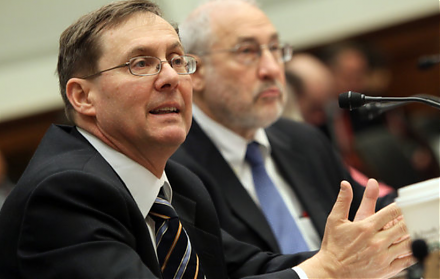
Lucian Bebchuk and Jesse Fried critique that executive pay often cannot help explain the stock return and operational performance of most U.S. public corpor
2019-07-27 17:37:00 Saturday ET
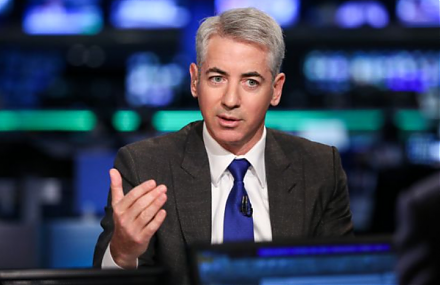
Capital gravitates toward key profitable mutual funds until the marginal asset return equilibrates near the core stock market benchmark. As Stanford finance
2018-06-21 10:42:00 Thursday ET
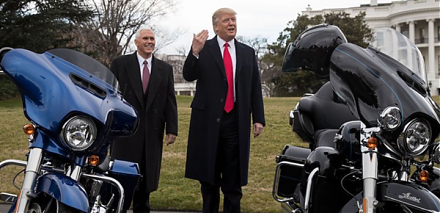
Harley Davidson plans to move its major production for European customers out of America due to European Union tariff retaliation. European Union retaliator
2019-08-05 13:30:00 Monday ET
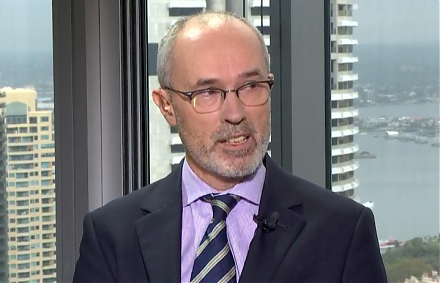
China continues to sell U.S. Treasury bonds amid Sino-U.S. trade truce uncertainty. In mid-2019, China reduces its U.S. Treasury bond positions by $20.5 bil
2018-08-13 12:39:00 Monday ET
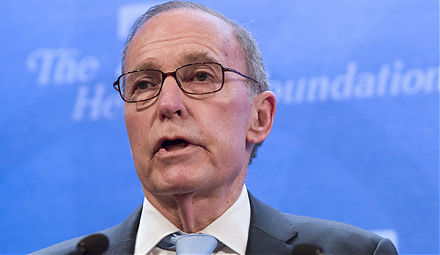
White House chief economic adviser Larry Kudlow points out that the recent U.S. dollar strength shows a clear sign of investor confidence and optimism. Gree
2017-11-05 09:45:00 Sunday ET
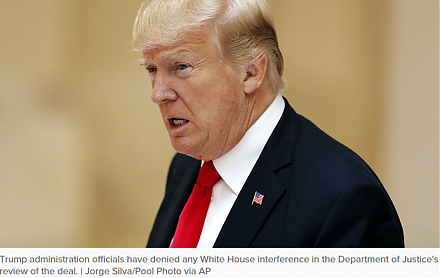
President Trump criticizes the potential media merger between AT&T and Time Warner, the latter of which owns the anti-Trump media network CNN. President